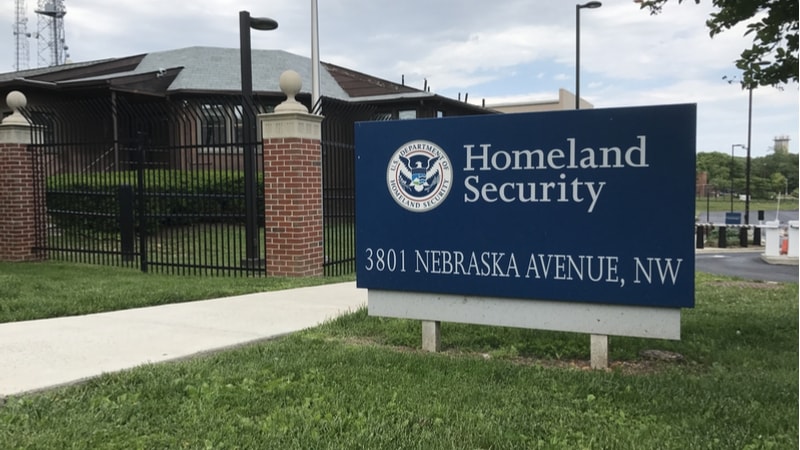
A proposed rule from the Department of Homeland Security (DHS) and its Citizenship and Immigration Services (USCIS) component agency coming out in the Federal Register this Friday would expand the collection of biometrics data by about 2.17 million submissions annually.
The agencies announced the forthcoming rule last week, explaining that the expanded use of biometrics would implement the emerging technology for identity verification, document production, records management, and to prove familial relationships. The rule allows DHS and USCIS to collect individuals’ DNA to verify identity claims, alongside other methods such as voice, iris, and facial recognition technology to identify individuals without physical contact.
Per the upcoming Federal Register notice, DHS estimates that that population of individuals submitting biometrics information will increase from 3.9 million to 6.07 million each year, for a generalized collection rate of 71.2 percent. USCIS is also removing age restrictions for biometrics collection when issuing a Notice to Appear, which DHS predicts could result in collecting biometrics from as many as 63,000 additional children under 14 years old.
“There could be some unquantified impacts related to privacy concerns for risks associated with the collection and retention of biometric information, as discussed in DHS’s Privacy Act compliance documentation,” DHS cautioned in the notice. “However, this rule would not create new impacts in this regard but would expand the population that could have privacy concerns.”
The new notice also explains expands on why DHS would collect DNA to prove familial relationships. The agency is interested in proving the existence of genetic relationships for family-based benefit requests, namely for citizenship, immigration, refugee, and asylee relative forms. “The rule will allow immediately for DHS, in its discretion, to request, require, or accept DNA or DNA test results, which include a partial DNA profile, for individual benefit requests requiring proof of a genetic relationship,” according to the notice.
The cost of this new biometrics rule over the next 10 years could range from $3.2 billion to $4.9 billion depending on how many biometrics collections are submitted. DHS is accepting comments for 30 days from the publication data of the proposed rule.
